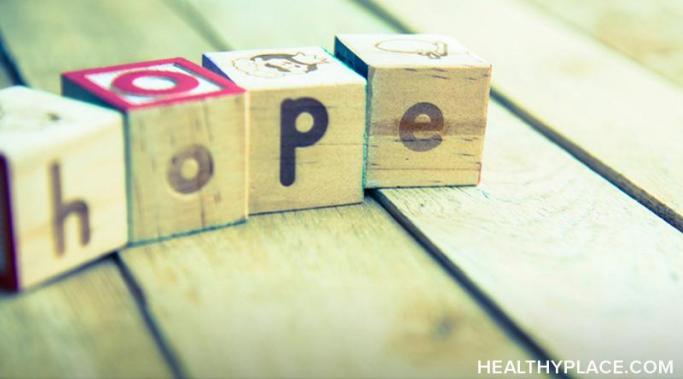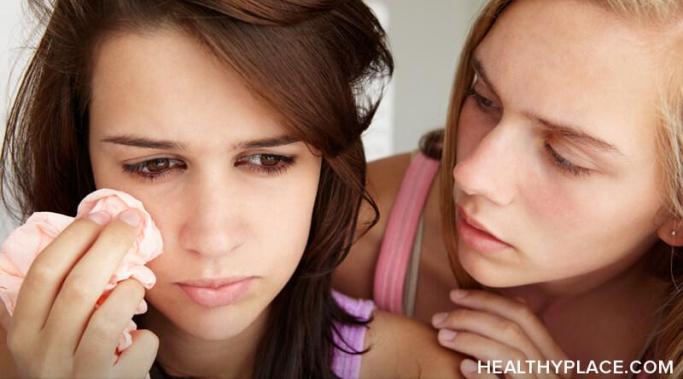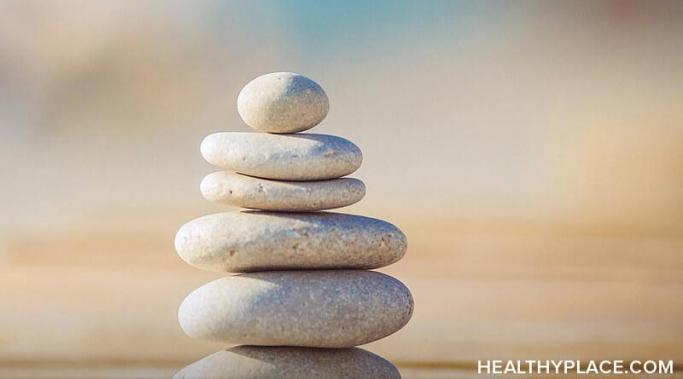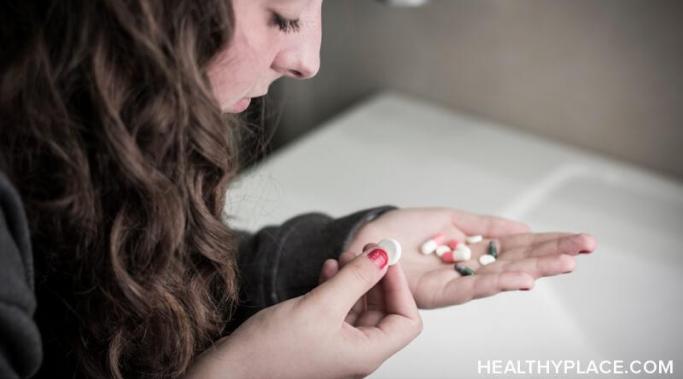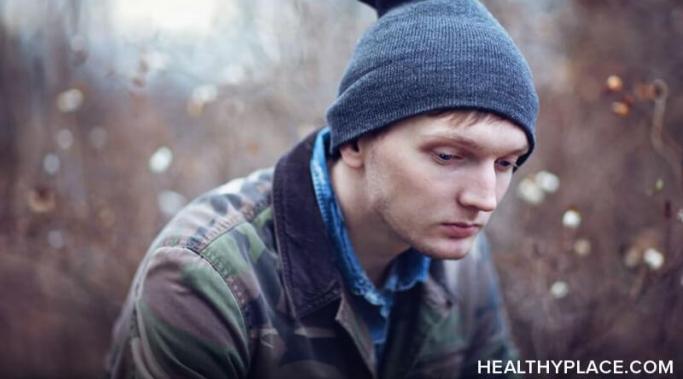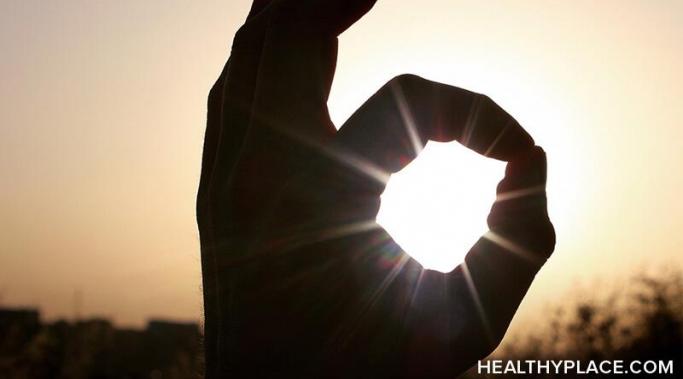I'm experiencing hope fatigue. Basically, I'm sick of the very word hope, let alone trying to scrape some up for me and my illness. There are many reasons for this, but believe me when I tell you that hope fatigue is a real thing.
Breaking Bipolar
I first heard the term "crowded thoughts" years ago. This term made, perhaps, even more sense to me than "racing thoughts," which is an official symptom of bipolar hypomania. So, let's take a look at what crowded thoughts are, how they may manifest in bipolar disorder, and why they matter.
I'm far too acquainted with crying outbursts in front of other people. I have been experiencing them since, almost forever. Depression has been my companion, off and on since, almost forever. And I have experienced the shame and embarrassment that comes with them since, almost forever. And yesterday was one such experience. Today, I want to talk about what it's like to have a crying outburst in front of others and how to handle it when it happens to you.
I hate pop psychology a lot. And I hate pop psychology a lot for a very good reason: it harms those with mental illness (among others). Pop psychology aims to answer the mind's and the brain's questions with simplistic, easily digestible answers. Unfortunately, the brain and mind don't actually work like that. The body and the psyche require more than what pop psychology has to offer. So, yes, I hate pop psychology.
When I started taking medication every day, I was worried that it would make me a drug addict. Some might find this fear weird, but it was definitely a real fear for me. My father was an addict, and I was terrified of turning into one, too. My psychiatrist at the time did nothing to disabuse me of that notion either (he probably never thought it would cross my mind). So, let's look at whether taking medication every day makes you a drug addict and how to deal with that fear.
It's so often the case that a doctor won't listen to you. I've had it happen over and over and over again. Some doctors are worse than others, of course, but it feels like they all do it on some level. I know they use their clinical judgment to assess whatever you say in an appointment, but still, it's no fun when a doctor won't listen to you.
While suicidality is often driven, at least in part, by lifestyle factors, a person with a good life can still be suicidal. This doesn't make sense to many people. How can someone with an objectively good life feel like they want to die? The answer to that is simple and complex. A person with a good life can be suicidal because of the brain.
Dating with an invisible illness has its pitfalls. When do you tell someone about your illness? When do you explain the impacts your illness has on your life? How do you try to make an invisible illness visible to the person you're dating? My own forays into the dating pool have been making me think about just these questions.
While I know it's tempting, don't try to be your own psychiatrist. Trying to be the psychiatrist is a mistake. Psychiatrists train for 10 years to decide how to help you. Do you have 10 years of training? These people treat others like you every single day and thus have years of clinical experience under their belt. Do you treat others and have years of clinical experience under your belt? For most of us, the answers are "no" and "no." When you try to be the psychiatrist, you hobble your own treatment. And the trust is, I see people doing it all the time.
If you're a single person with bipolar disorder, surviving can be hard. Last time I outlined why this is in a piece about being alone with bipolar disorder, but this time, I'm focusing on successfully dealing with being a single person with bipolar disorder.
